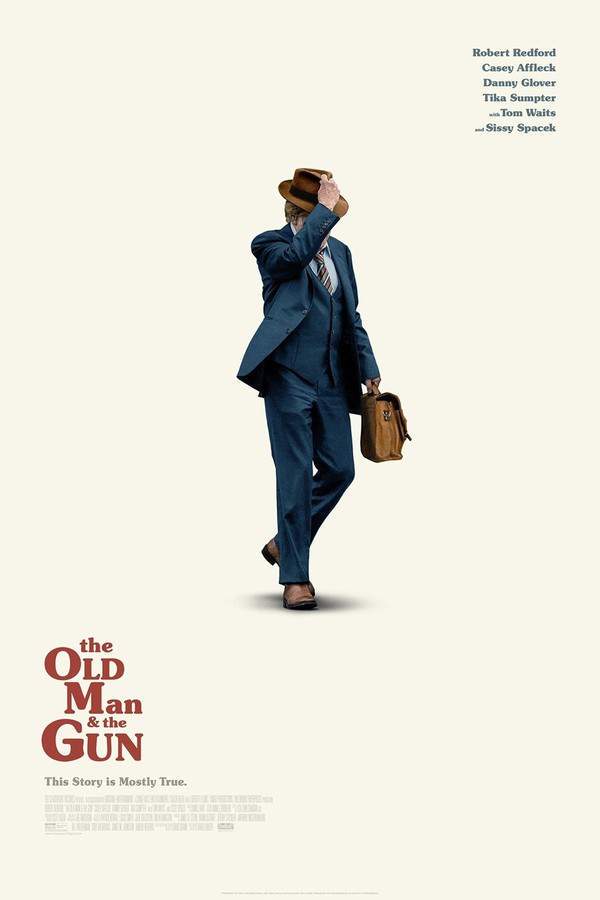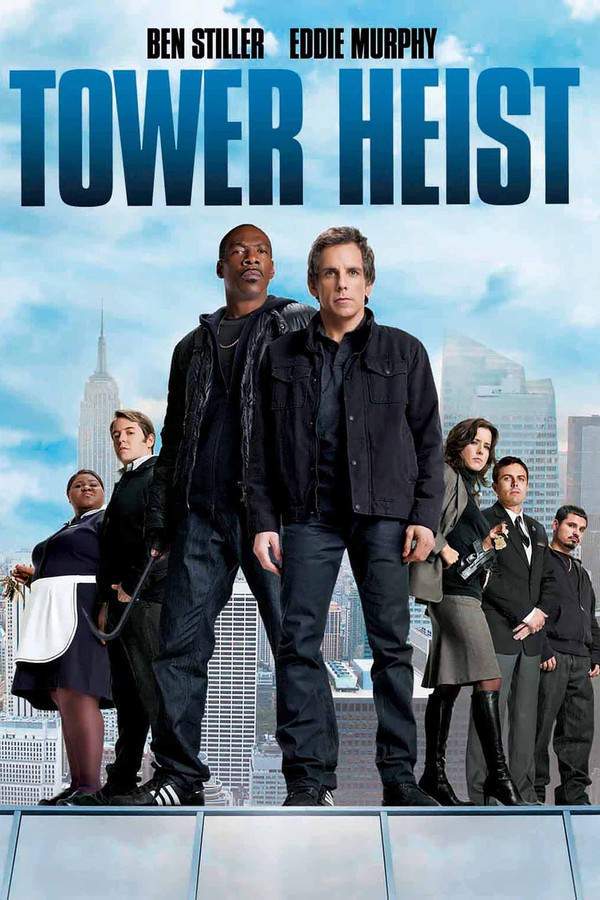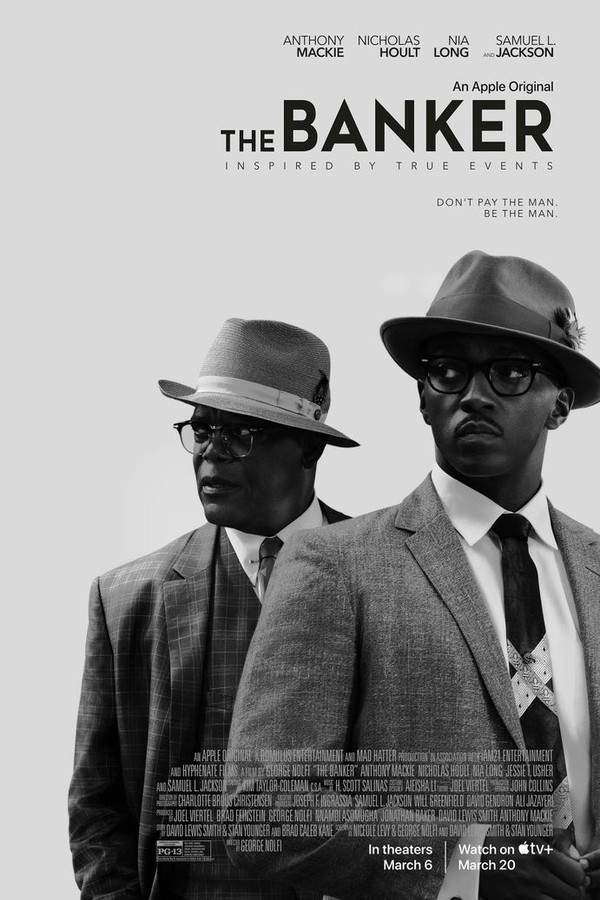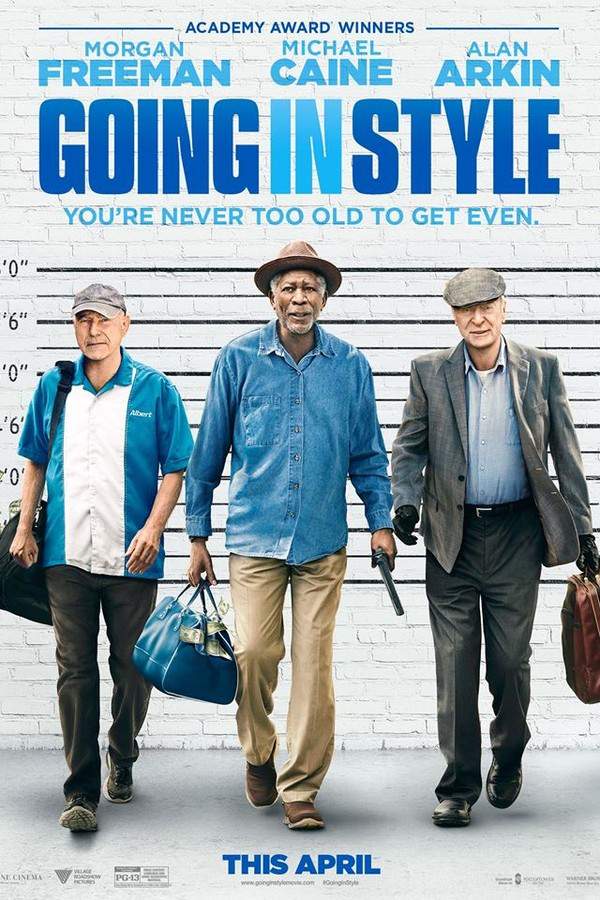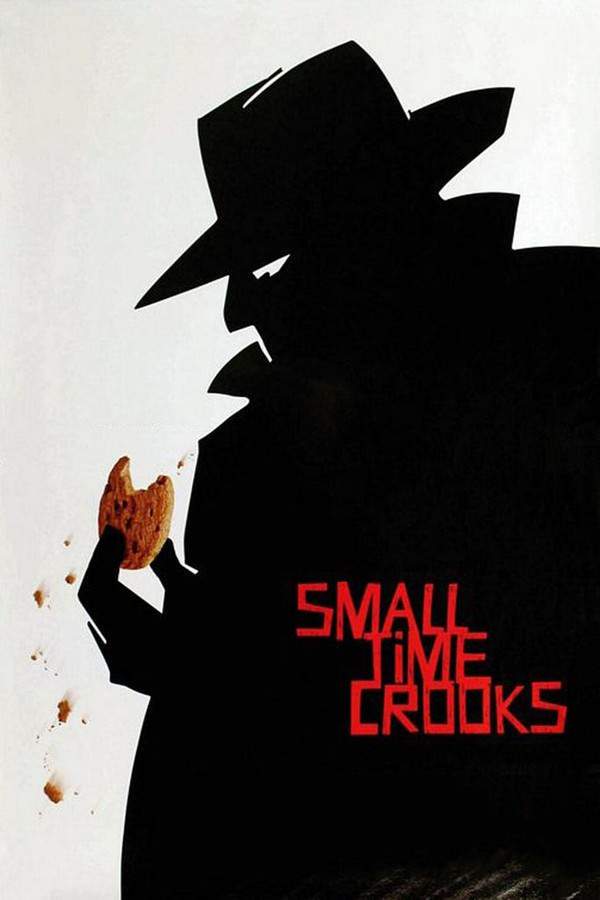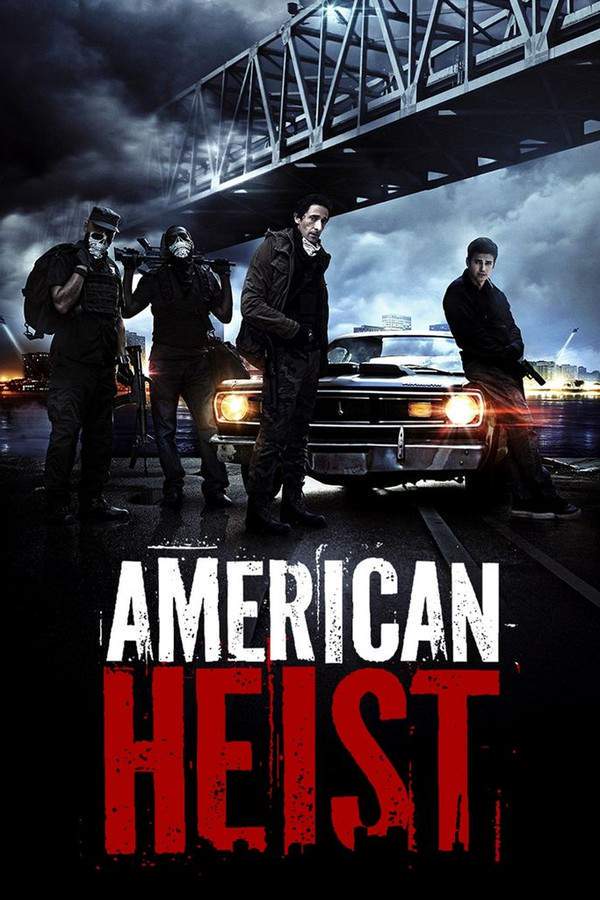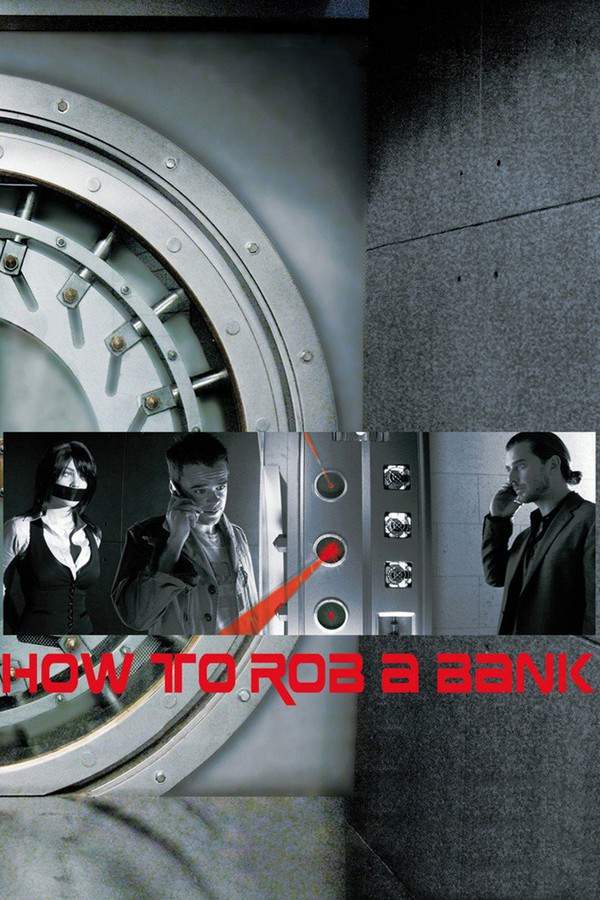Going in Style 1979
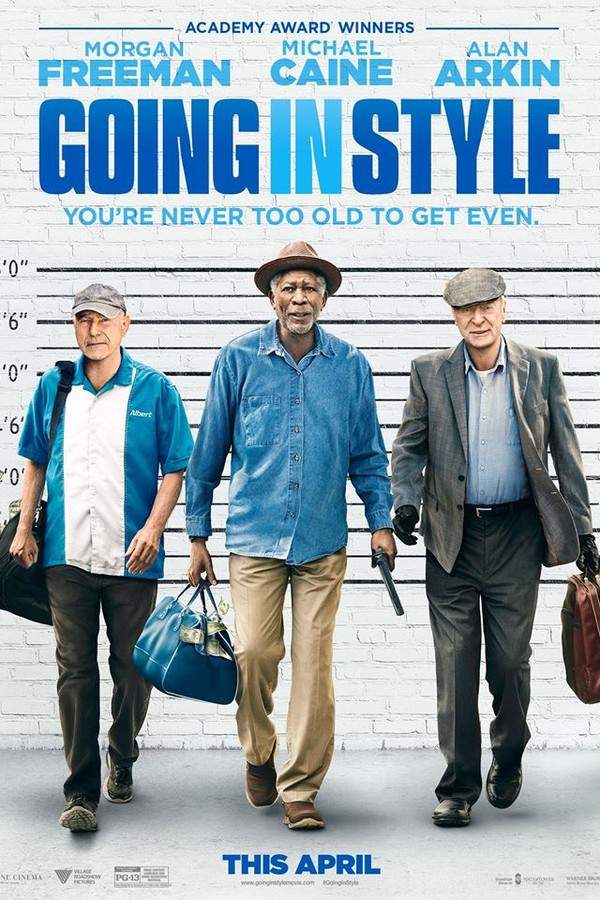
When facing financial hardship in their retirement, three lifelong friends decide to take matters into their own hands. They devise a daring plan to rob a bank, hoping to reclaim their security and dignity. The heist becomes a journey filled with unexpected challenges, testing their friendship and forcing them to confront issues of aging and financial injustice with humor and heart.
Does Going in Style have end credit scenes?
No!
Going in Style does not have end credit scenes. You can leave when the credits roll.
Meet the Full Cast and Actors of Going in Style
Explore the complete cast of Going in Style, including both lead and supporting actors. Learn who plays each character, discover their past roles and achievements, and find out what makes this ensemble cast stand out in the world of film and television.
External Links and Streaming Options
Discover where to watch Going in Style online, including streaming platforms, rental options, and official sources. Compare reviews, ratings, and in-depth movie information across sites like IMDb, TMDb, Wikipedia or Rotten Tomatoes.
Ratings and Reviews for Going in Style
See how Going in Style is rated across major platforms like IMDb, Metacritic, and TMDb. Compare audience scores and critic reviews to understand where Going in Style stands among top-rated movies in its genre.

65
Metascore
6.4
User Score

7.1 /10
IMDb Rating

69
%
User Score
Take the Ultimate Going in Style Movie Quiz
Challenge your knowledge of Going in Style with this fun and interactive movie quiz. Test yourself on key plot points, iconic characters, hidden details, and memorable moments to see how well you really know the film.
Going in Style (1979) Quiz: Test your knowledge of the classic comedy film 'Going in Style' and its adventurous plot involving three aging friends.
Who are the three main characters in 'Going in Style'?
Joe, Al, and Willie
Pete, Joe, and Al
Willie, Charlie, and Joe
Al, Pete, and Charlie
Show hint
Full Plot Summary and Ending Explained for Going in Style
Read the complete plot summary of Going in Style, including all major events, twists, and the full ending explained in detail. Explore key characters, themes, hidden meanings, and everything you need to understand the story from beginning to end.
Joe (George Burns), Al (Art Carney), and Willie (Lee Strasberg) are three elderly men sharing a cramped apartment in Astoria, Queens, New York City. With their lives revolving around monthly social security checks, they fill their summer days sitting on a park bench, reading newspapers, feeding pigeons, and warding off rowdy children. This monotonous existence pushes Joe to propose a radical plan in order to inject some excitement into their lives.
After the trio visits the bank to manage their social security checks, Joe suddenly suggests: > “Why not go on a stick-up?” Fueled by boredom, he insists that the risks of bank robbery are minimal—if caught, they’d enjoy free room and board in prison, and their social security checks would continue to accrue. If they succeed, they’d gain some extra cash to enjoy life rather than lingering on their park bench. While Al finds the idea appealing, Willie is more cautious. As plans take shape, Al agrees to explore his nephew Pete’s gun collection, and Joe proposes they scout a bank in New York City for the heist.
Al secretly borrows some pistols from Pete’s collection—his nephew, who struggles with financial woes while trying to open a furniture store. Convinced the bank robbery might even aid Pete’s dire circumstances, Al feels justified in their choice.
The following day, the determined trio journeys into Manhattan and, after some deliberation, decides on the Union Marine Bank as their target. Enjoying hot dogs from a street vendor and engaging in a sidewalk drum performance, they sip the refreshing air of newfound exhilaration. Al is poised to secure the guns later that day, and Joe suggests going through with the heist the very next day.
Donning Groucho Marx-style glasses as disguises, Joe and Willie prepare themselves, while Al sneaks into the basement of Pete’s home to acquire the weapons. Once they finalize the bullets that fit the pistols, the trio heads out, taking a bus to a more discreet neighborhood in Queens. They hail an unlicensed cab and pay $30 for transport into Manhattan, asking the driver to wait while they “sign a will.”
Entering the bank, Al swiftly holds the security guard at gunpoint while Joe commands the teller to hand over money. The manager underestimates the elderly men, prompting Joe to fire a warning shot, forcing everyone to take cover. After filling their satchel with cash, the three friends dash outside to the waiting cab and make their way back to Queens.
Once home, they discover that their haul exceeds $35,000. Al proposes stashing the money in an old suitcase at Pete’s house. However, tragedy strikes when Willie suffers a heart attack on their regular bench after overhearing news of their crime. Joe wastes no time in making elaborate funeral arrangements.
During the memorial service, Joe and Al decide to give Pete $25,000 from their ill-gotten gains, claiming it as a life insurance payout for Willie. In return, they request $20 a week to aid in their fixed incomes. After the funeral, they impulsively jet off to Las Vegas for a spontaneous vacation, purchasing tickets on a whim.
At a casino hotel that night, they gamble at the craps table. Though unfamiliar with the game, Joe guides Al, and to their astonishment, they win $73,000 by evening’s end. Realizing their winnings could make them targets, Joe gets them to cash out and return to New York that night.
Exhausted from their whirlwind adventure, they collapse into bed. Unfortunately, when Joe rises, he finds that Al has passed away. Distressed, he takes the bag of money to Pete, revealing all about the robbery, winnings, and Al’s death. In tears, Pete agrees to help conceal the funds in a safety deposit box, vowing to keep the police out of it.
The next day, while preparing for Al’s funeral, Joe is unexpectedly arrested by FBI agents. Despite being interrogated, he remains tight-lipped about the money’s whereabouts. Later, in prison, Pete warns Joe about the consequences of withholding the cash, but Joe expresses his indifference toward his life sentence. He believes Al and Willie would have wanted him to keep the money, explaining that he had felt imprisoned by their dull lives long before.
He revels in prison life, enjoying regular meals and comfort, and advises Pete to take pleasure in his newfound inheritance. In the film’s final scene, as he’s escorted back to his cell, Joe flashes a sly grin at Pete, stating: > “Besides… no tin-horn joint like this could ever hold me!”
Uncover the Details: Timeline, Characters, Themes, and Beyond!

Coming soon on iOS and Android
The Plot Explained Mobile App
From blockbusters to hidden gems — dive into movie stories anytime, anywhere. Save your favorites, discover plots faster, and never miss a twist again.
Sign up to be the first to know when we launch. Your email stays private — always.
Watch Trailers, Clips & Behind-the-Scenes for Going in Style
Watch official trailers, exclusive clips, cast interviews, and behind-the-scenes footage from Going in Style. Dive deeper into the making of the film, its standout moments, and key production insights.
Going in Style Themes and Keywords
Discover the central themes, ideas, and keywords that define the movie’s story, tone, and message. Analyze the film’s deeper meanings, genre influences, and recurring concepts.
Going in Style Other Names and Titles
Explore the various alternative titles, translations, and other names used for Going in Style across different regions and languages. Understand how the film is marketed and recognized worldwide.
Similar Movies To Going in Style You Should Know About
Browse a curated list of movies similar in genre, tone, characters, or story structure. Discover new titles like the one you're watching, perfect for fans of related plots, vibes, or cinematic styles.
Quick Links: Summary, Cast, Ratings, More

What's After the Movie?
Not sure whether to stay after the credits? Find out!
Explore Our Movie Platform
New Movie Releases (2026)
Famous Movie Actors
Top Film Production Studios
Movie Plot Summaries & Endings
Major Movie Awards & Winners
Best Concert Films & Music Documentaries
Movie Collections and Curated Lists
© 2026 What's After the Movie. All rights reserved.















